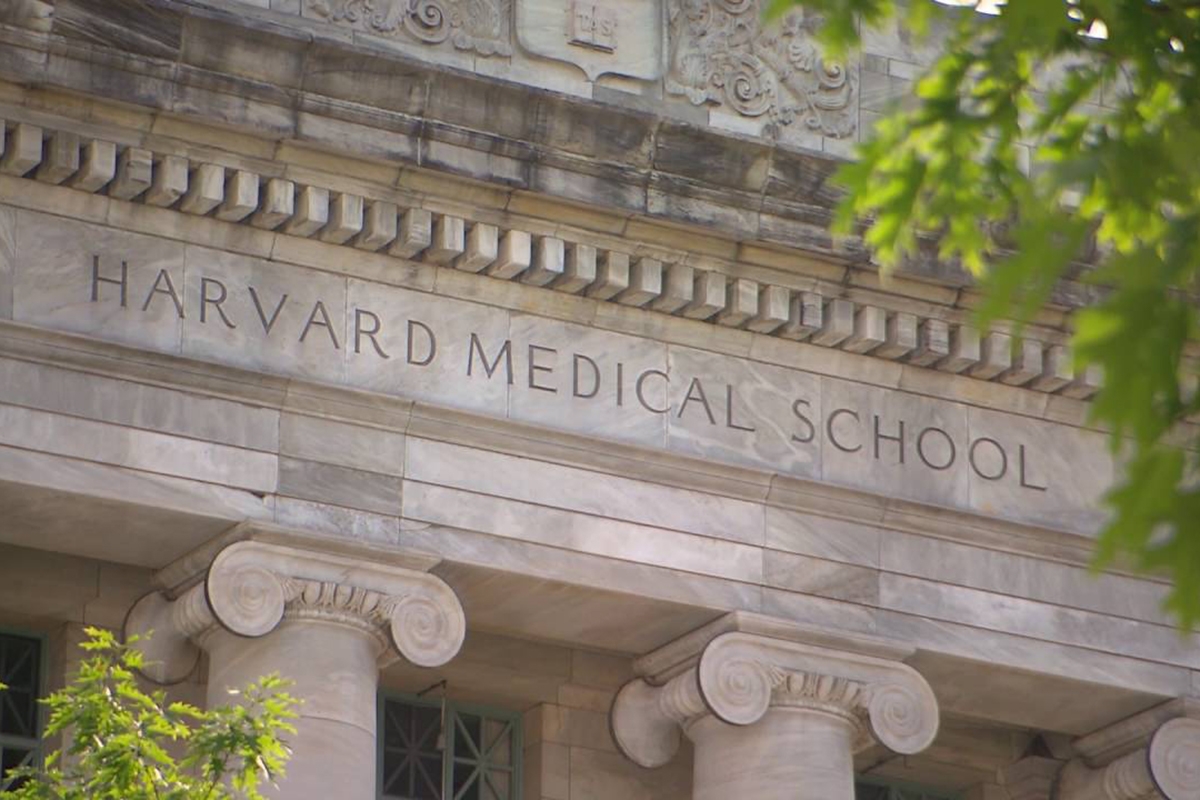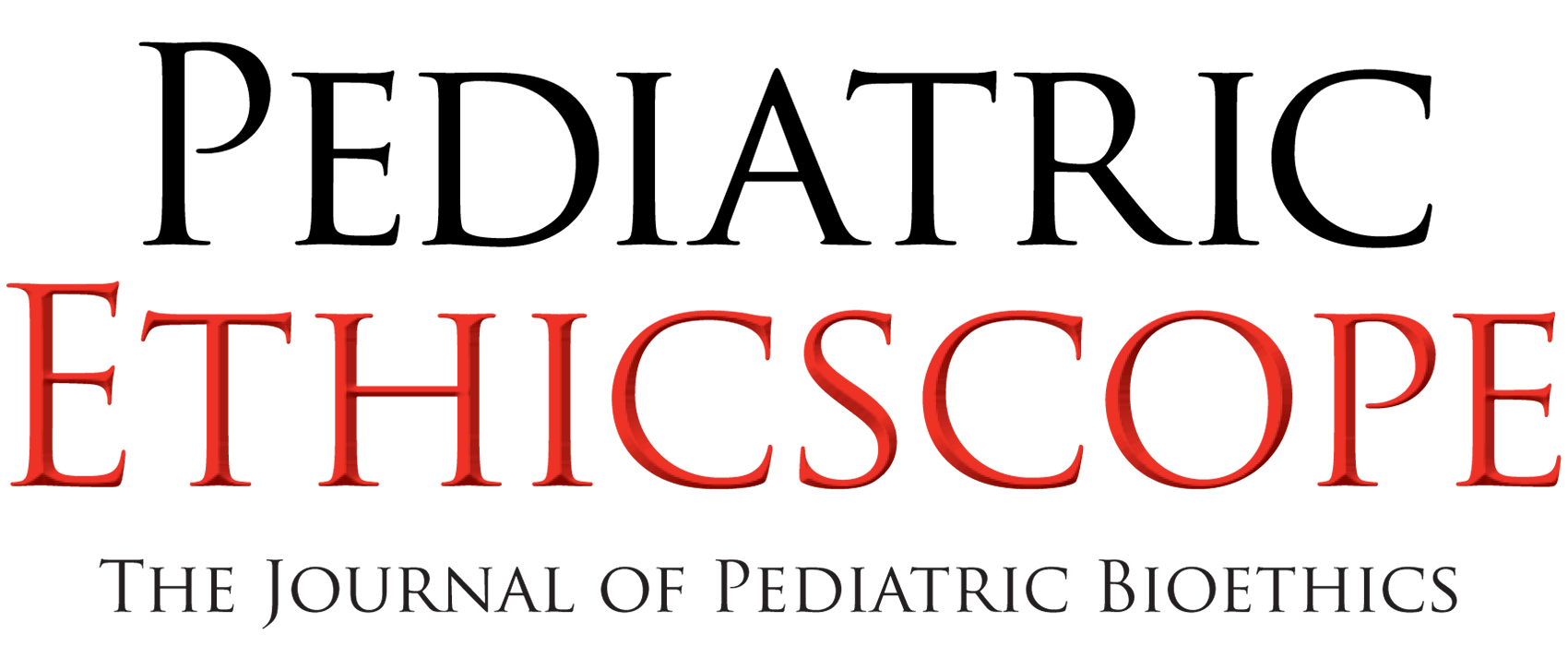
From July 7 through July 9th 2016, the Harvard Center for Bioethics held its annual Harvard Clinical Bioethics Course at the Harvard Medical School in Boston. Nearly thirty hours of lectures, discussion groups, working lunches, and even a play were presented over those three days, all aligned with conveying the principles of good clinical bioethics, and discussing the emerging issues in the profession to the students in attendance.
The staff and speakers, led by Christine Mitchell RN, MS, MTS, the center’s Executive Director, and Robert Truog MD, the center’s Director, gave presentations and facilitated talks on the development of clinical bioethics, the philosophical underpinnings of moral reasoning and ethical justifications, schools of ethical thought, consultation standards, competencies, and the future of clinical bioethics. Having attended the course this year, I thought it might be helpful to share what the program had to offer, and what I learned.
The Harvard Bioethics Course is designed as an academic all-you-can-eat buffet; twenty-eight individual sessions, running from 8:00AM through 6:00PM or later, every day for three days. The course was organized around sixteen lectures that all students attended, broken up midday by “box lunch” discussion groups that students selected, and midafternoon by concurrent sessions, also student selected. Concurrent sessions addressed specific subject matter such as issues in maternal fetal medicine, pediatrics, behavioral health, women’s health, genomics, neuroethics, professionalism, medical futility, advanced care planning, and medically assisted dying.
For someone not familiar with the subject matter, the course would be a lot of work, but not inaccessible to those who have a cursory background in the material and are willing to put in the time to do the extensive reading prescribed. A number of participants were members or chairpersons of their institution’s ethics committee, and many of those were laypeople working outside of medicine. Others were longtime practitioners of clinical ethics consultation, including physicians, nurses, philosophers, and chaplains, wishing to know more, or hone the skills they have.
The course struck a good balance between general introduction and rigorous treatment of subject matter; Patrick Smith, Charlotte Harrison, Frank Chessa, and Rebecca Brendel provided introductions to, respectively: Principalism, Narrative Ethics, Consequentialism, and Virtue Ethics, in 15-minute blocks. Andrew Schroeder’s lecture on moral reasoning and ethical justification methodically proceeded as a step-by-step tutorial on the mechanics of one form of argument justification, using serial hypothesis testing, and one type of principle building through the analysis of the familial resemblances among two sets of propositions. By taking what is often an abstruse subject in professional philosophy and making it specific and concrete through step-by-step examples, Dr. Schroeder’s approach is one that will no doubt be emulated by students returning to their ethics committees. Robert Truog MD rounded out the first day with a lecture on medical futility.
Day two began with Lachlan Forrow, MD’s lecture, “Atoms, Autonomy and Molecular Ethics.” Edward M. Hundert, MD then addressed a common issue faced by ethics program directors in his lecture, “Teaching Bioethics: Practical Approaches to Common Challenges.” Andrew Schroeder returned with a session on “Rationing and Distributive Justice,” and the morning sessions ended with Carrie Blout, MS, CGC presenting “Ethical Questions in the Genomic Era.”
Following the Concurrent Sessions, former New England Journal of Medicine Editor, Marcia Angell MD, delivered a talk, “Medically Assisted Dying: Facts and Values.” At once both practical and perfervid, Angell’s lecture was easily the most controversial of the course, opening a discussion in which, in a single room, one witnessed dispositive salvos volleyed across professions, borders, and beliefs; an Australian physician’s prophetic fears were met with first-hand Swiss and Belgium experiences; European, South American, and Japanese sentiments were shared, along with multiple appraisals of the issue from different schools of ethical, political, and social thought. The debate had the feeling of a mini-United Nations, albeit more collaborative and congenial.
Closing day two, Lynn Bush PhD, of Columbia University’s ethics program, took a different approach to a lecture, and instead staged a play, “Genomics in Play: DNA Dialogues and Ethical Dilemmas,” a didactic dramatic vignette. Dr. Bush infused the dramatic and serious aspects of the issue with a bit of comedy by playing the dialogue of each character off of the personalities of the actors playing those characters. This not only made the play fun to watch, but impossible not to pay close attention to, thus driving the message home. The play was followed by a panel discussion, with the actors serving as the panel, elding questions and comments from the audience.
If there had been a theme of the course, it was where the standards and competencies of Health Care Ethics Consultation are taking the field. While these standards have been enumerated by the American Society of Bioethics and Humanities (ASBH) Standards and Competencies, most recently updated in 2011, their normative nature, not to mention that of the subject matter itself, leave the issue of what to do with such standards hotly debated. Martha Jurchak went through the Standards and Competencies, Christine Mitchell discussed preparing a portfolio of ethics consultation cases and the structuring of ethics committees and consult services, and Jennifer Kesselheim provided insight on how data inform the practice of ethics consultation, showing the state of ethics consultation data collection is, in general, lacking. Holly Lynch covered what ethicists should know about the law, and Robert Truong addressed what to do when things go wrong (iatrogenesis), focusing on talking with patients after medical mistakes.
In box lunch sessions, attendees shared their experiences and institutions’ ethics consultation practices. While most attendees were from the United States, the course clearly has a global draw; students in attendance hailed from Australia, Europe, Japan, and the rest of the Americas. The students were diverse in other ways as well; the group included people from both large, regional medical centers and smaller local hospitals, which provided insight into one of the issues with ethics consultation attestation, certification, or licensing. By way of background, as the professional society for clinical ethicists, the ASBH wants to be able to show there are standards that define the profession; what is required of a person to be justifiably called a clinical ethicist?
While clinical ethics consultation recommendations are not binding, they nonetheless have influence; with physicians, nurses, hospital boards, and judicial processes, ethicists now occupy a space within the sphere of the healing enterprise, where involvement is usually restricted to those who have passed a rigorous, formalized licensing process with established criteria for inclusion. One proposed method that avoids the pitfalls of a standardized test is called “attestation,” which, in brief, one could obtain by submitting a portfolio demonstrating one’s experience leading ethics consults on a variety of different issues. This allows applicants to demonstrate results by a variety of means, and from a variety of viewpoints–necessary conditions for any systematic appraisal of value-laden content in our pluralistic multicultural society.
However, whereas a large medical center can have 300 or more consults per year, the number is 1/10 of that at even the largest pediatric institutions, and 1/100th, or about three consults per year, on average across all hospitals nationwide. This would relegate attestation vis-à-vis a portfolio of a dozen or more different cases available only to practitioners at the large, urban medical centers. Problematically, it is in such centers that ethics consultation is relatively well developed; yet most Americans receive their healthcare locally, through the 4,999 community hospitals, of which 1980 are in rural areas, and 1328 of those are critical access hospitals that have no more than 25 beds. Still, portfolio/attestation appears to be the most creative and flexible of the options currently available; certainly more so than any standardized examination process that currently exists.
Closing out the course, David Magnus PhD, Editor of The American Journal of Bioethics, discussed the future of clinical bioethics. In Dr. Magnus’s view, ethics consultation will eventually become fully ensconced in the medical school/ licensing apparatus. This is a controversial position, but nonetheless indicative of the fact that while clinical bioethics consultation has come a long way, it remains very much a nascent enterprise. It falls to those of us long, currently, or becoming involved, to shape this future.
Concurrent Session Topics
Competencies for Ethics Consultation—Preparing a portfolio
–Christine Mitchell, RN, MS, MTS
Ethical Tensions between Maternal Fetal Medicine and Pediatrics
–Stephen D. Brown, MD
HMS Center for Bioethics: Educational Opportunities
–Rebecca Weintraub and Brendel, MD, JD
Pediatric Ethics: Medically Shaping Children
–Judy Johnson, MA, JD
Reason and Emotion in Ethics: Mind the Gap
–Guy Maytal, MD
Talking to Families about Ethics Consultation – A Video
–Martha Jurchak, RN, PhD and Wendy McHugh, RN, MS
Advance Care Planning: Legal documents to patient-centered process
–David Sontag, JD, MBE
Values Variability in Neonatal Nurseries
–Bonnie H. Arzuaga, MD and David Urion, MD
Microethics
–Robert D. Truog, MD
Professionalism, Ethics, and Behavioral Health
–Stephen F. O’Neill, LICSW, BCD, JD
Structuring Ethics Committees and Consult Services
–Christine Mitchell, RN, MS, MTS
Studies of Ethics Consultation: How do the Data Inform our Practice?
–Jennifer Kesselheim, MD, MBE, MEd

This work is licensed under a Creative Commons Attribution-NonCommercial-ShareAlike 4.0 International License.
